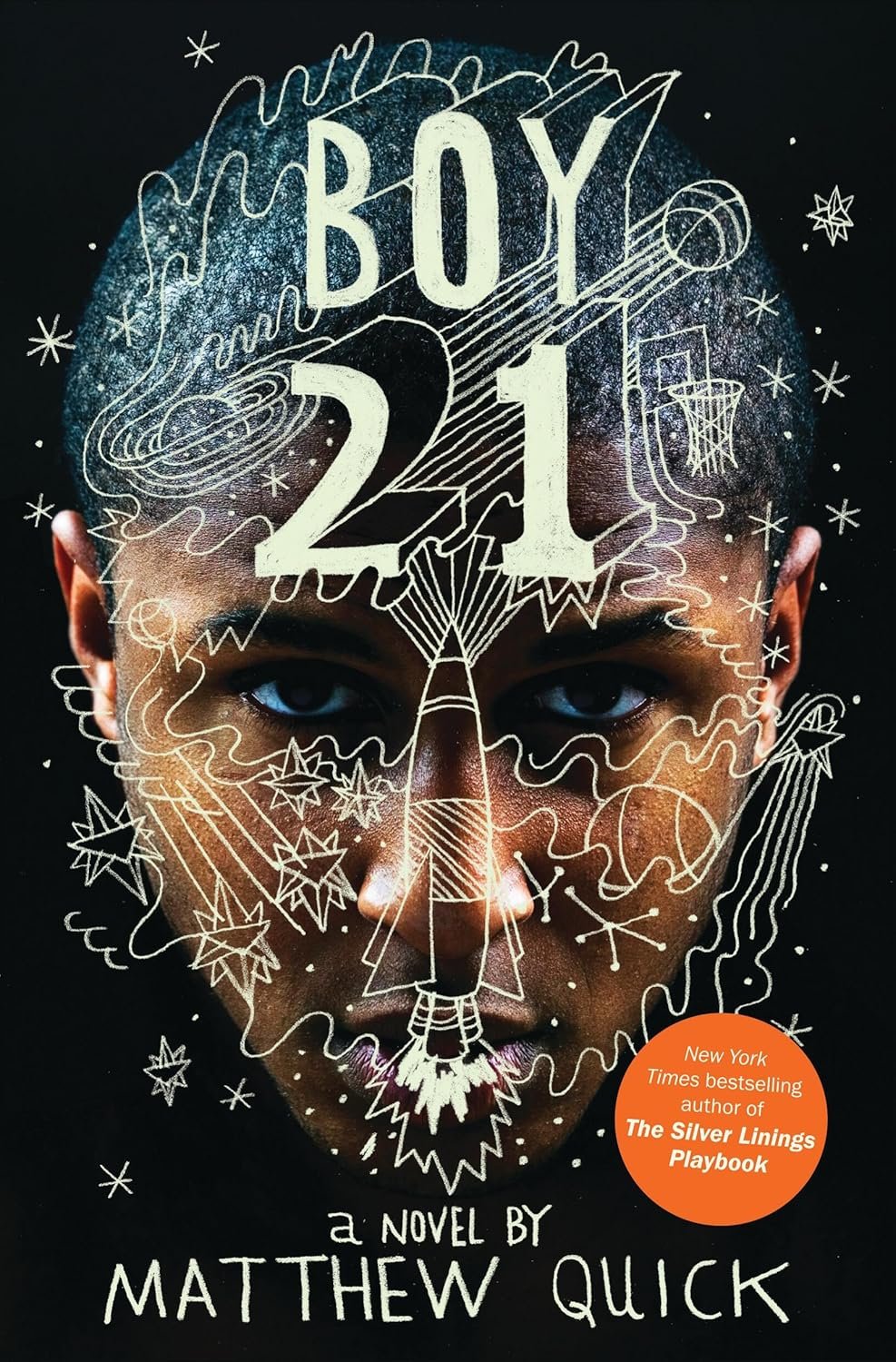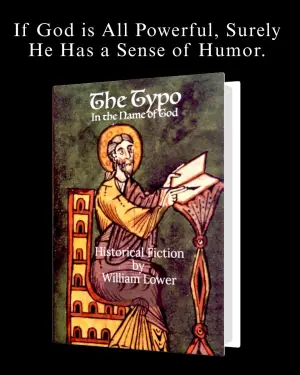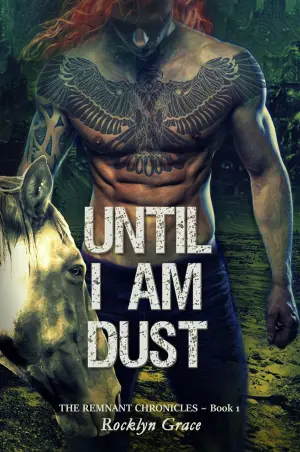Finding Connection in “Boy21”: A Review
Matthew Quick has a unique talent for weaving poignant narratives around characters who struggle but ultimately seek connection. When I stumbled upon Boy21, I was drawn not only by its basketball backdrop but also by the promise of a heartfelt story about loss, friendship, and resilience. Having adored The Silver Linings Playbook, I was eager to see how Quick would tackle young adult themes with his signature blend of humor and depth.
The story centers on Finley, a teenager living in the shadow of a broken town filled with violence and despair. Finley is navigating through his final year of high school while caring for his disabled grandfather and dreaming of escape via basketball—a sport that serves as both his refuge and his motivation. His life takes a twist with the arrival of Russ, who calls himself Boy21. Russ, reeling from personal tragedy, has isolated himself from the world, convinced he hails from outer space. This fantastical element introduces a layer of surrealism amidst the harsh realities of their lives.
Quick masterfully interlaces the struggles of both boys. Finley’s reserved demeanor and void of spoken words early in the novel starkly contrasts with his passionate embrace of the hoops. As he mentors Boy21, he confronts not just Russ’s challenges but his own as well. It’s a classic tale of friendship blossoming against adversity, reminding us that the connections we forge can bring out the best parts of ourselves. I found myself particularly moved by the assertion that “we’re stories too”—a reminder of the importance of every individual’s narrative.
What struck me most about Quick’s writing is his ability to infuse humor and heart into heavy topics. The pacing is brisk, making it impossible to put the book down. Between playful banter and deeper moments of reflection, the characters never felt one-dimensional. Quick skillfully captures the essence of adolescence, with moments that had me laughing out loud and others that tugged at my heartstrings. The dialogues felt real, and I appreciated how Quick navigated through the mental health landscape with sensitivity rather than sensationalism.
One scene that reflection embodies the book’s spirit finds Finley grappling with his own PTSD, leading to rituals that ground him amidst chaos. There’s a powerful resonance in how both boys learn to handle their trauma—through basketball and genuine, if fragile, friendships. As someone who appreciates literature that tackles complex issues with authenticity, this hit home.
If you’re looking for an inspiring read, Boy21 is perfect for young adults and adults alike. It’s a heartfelt reminder that amidst the chaos of life, connection is a beacon of hope. Readers who’ve dealt with loss, trauma, or even just the growing pains of life will find pieces of themselves in Quick’s beautifully flawed characters. Ultimately, Boy21 isn’t just a story about basketball—it’s about the resilience of the human spirit, and I cherished every moment spent in this world.
So, grab your copy, settle in, and be prepared for a journey that’s as heartwarming as it is illuminating. You won’t regret it!







